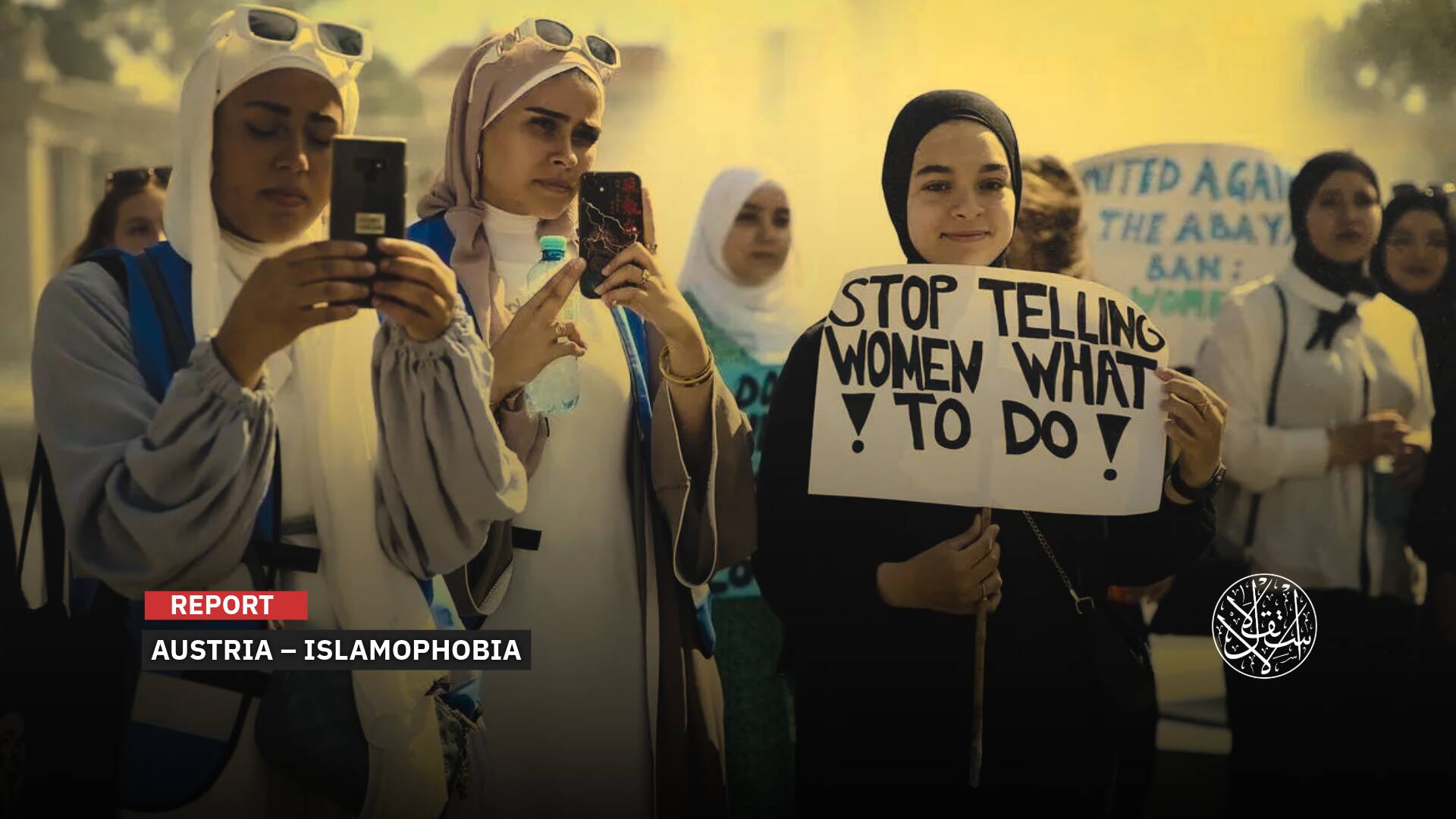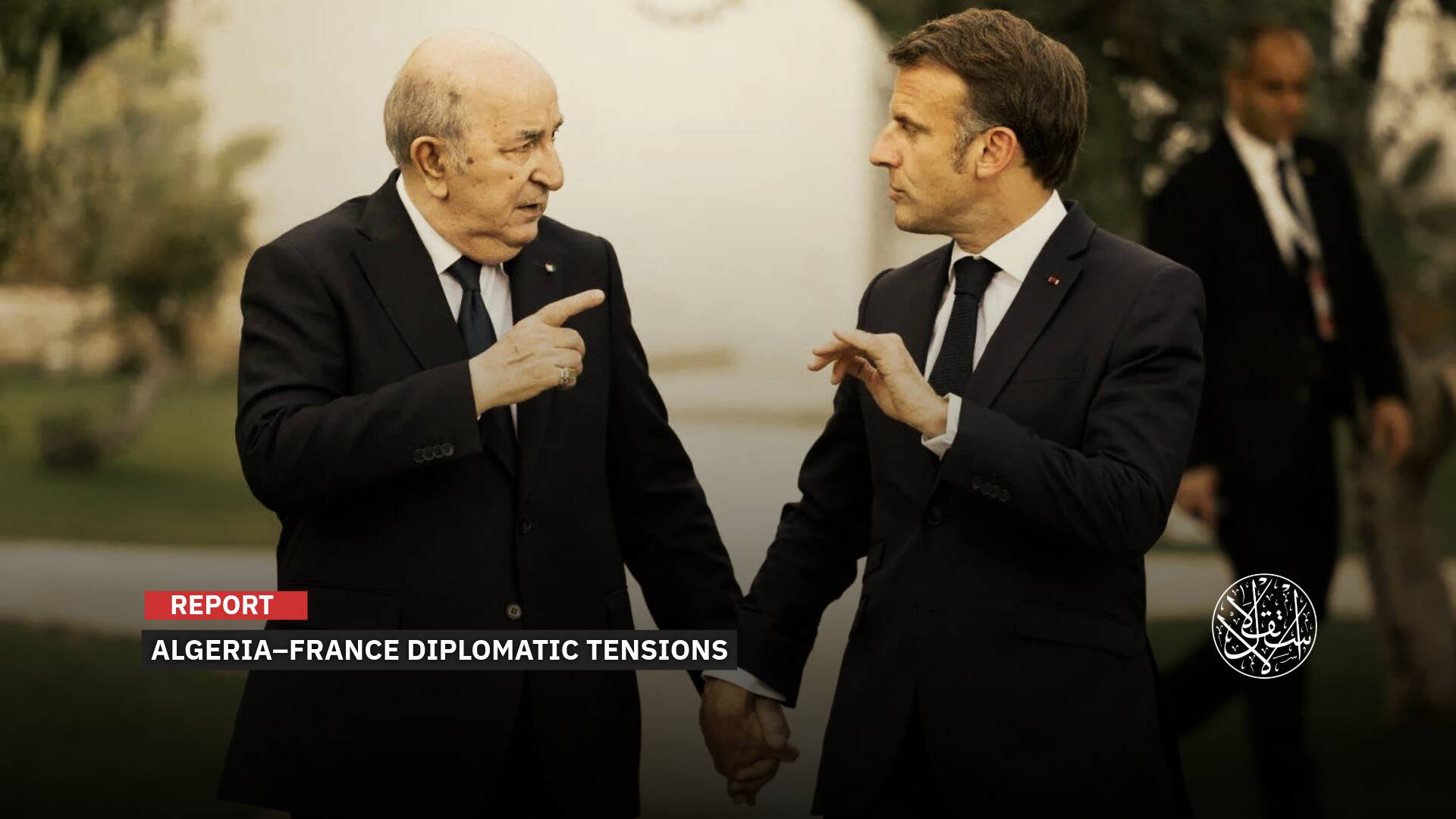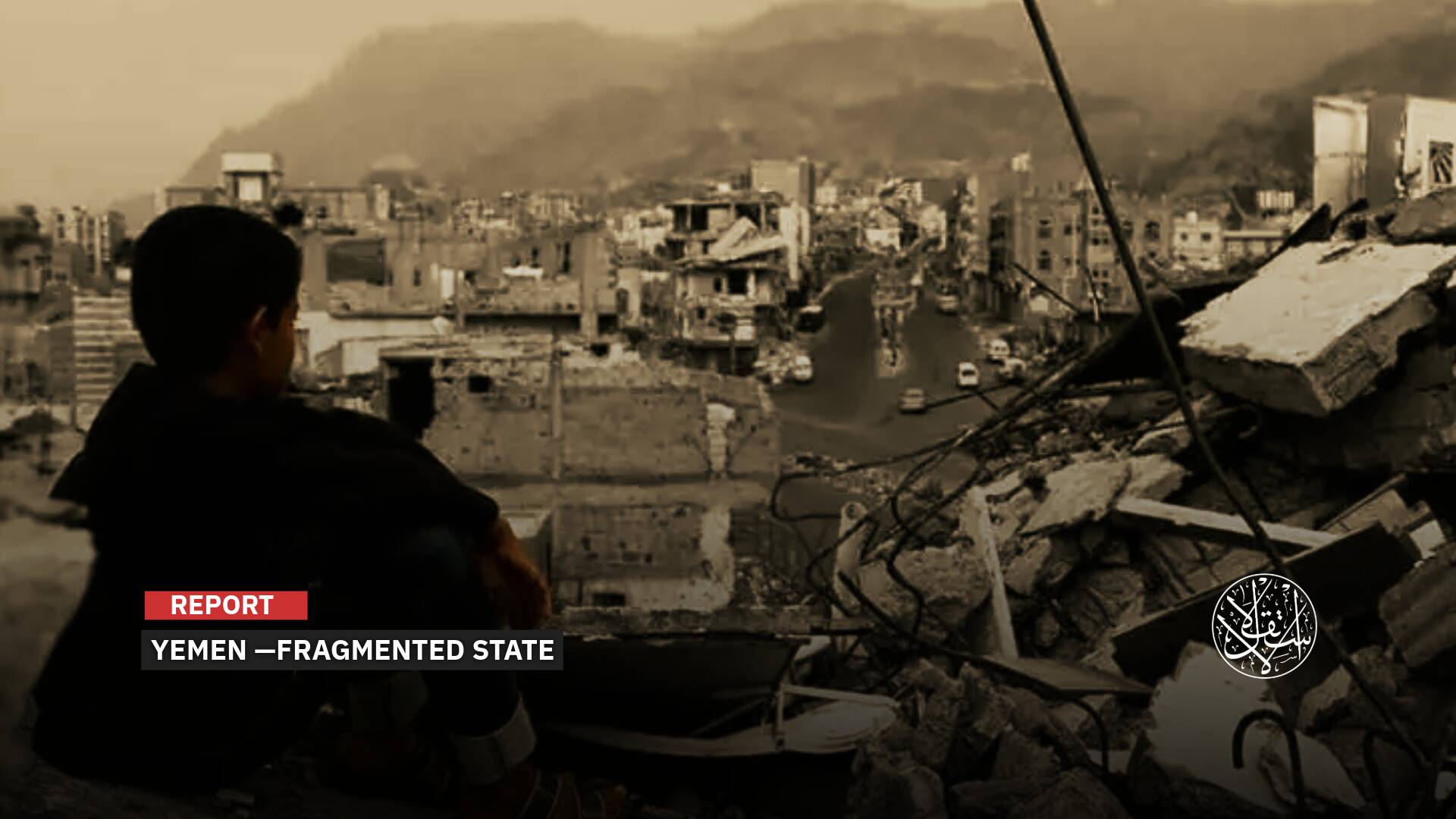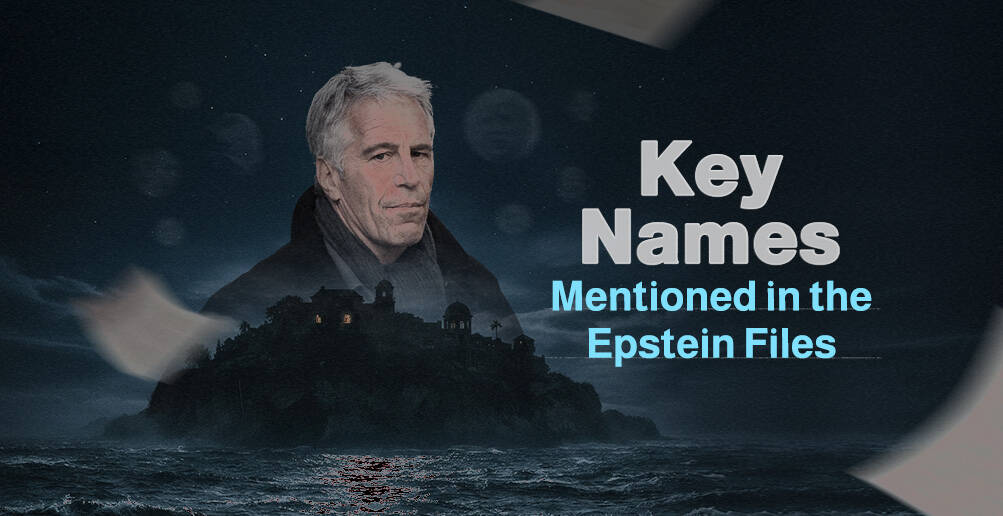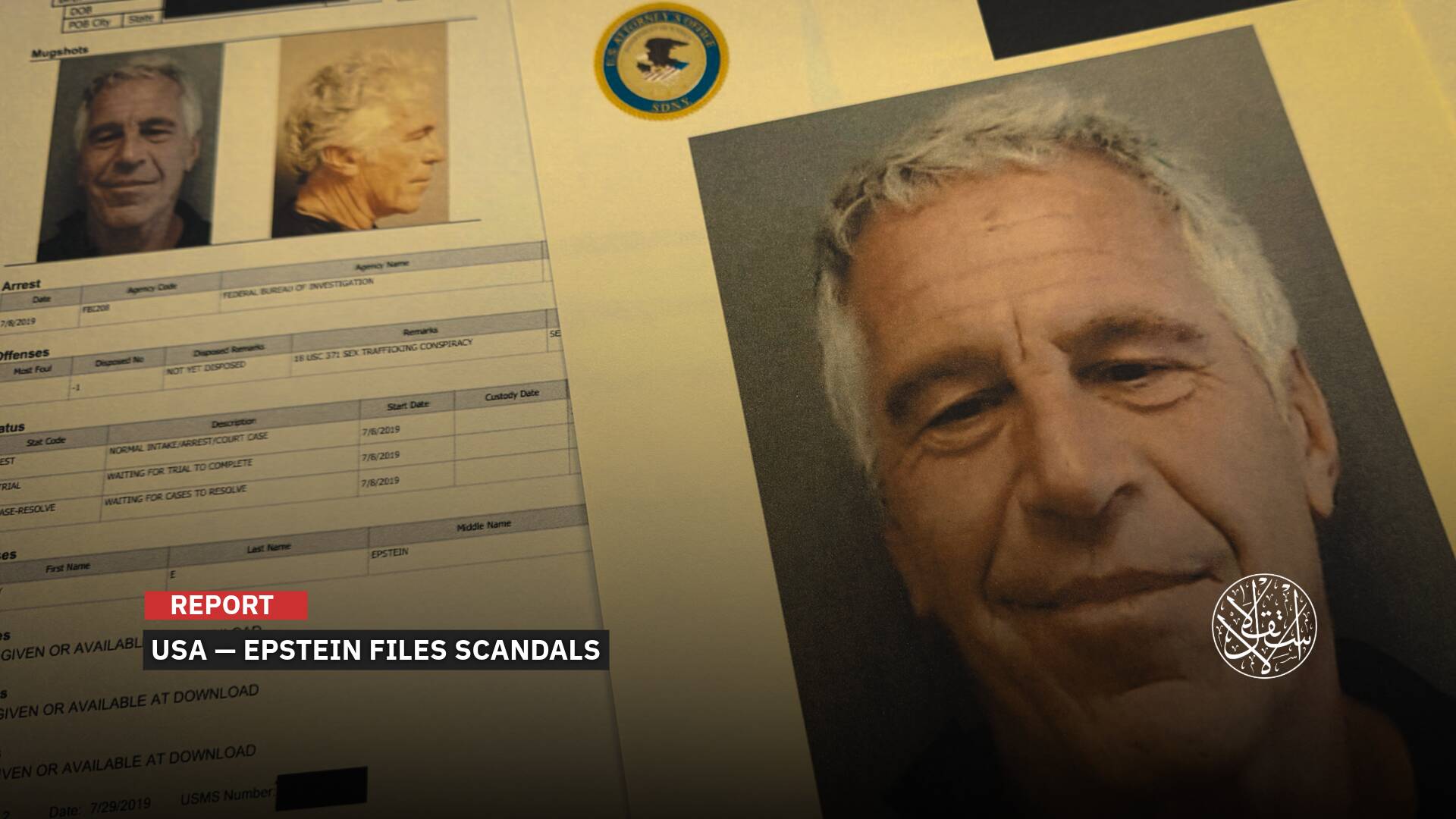A Cabinet of Controversy: Akhannouch’s Choices Spark Outrage

"This reshuffle falls short of the political stakes at play," said Abdelhafid el Younsi.
After a prolonged wait, the Moroccan Prime Minister Aziz Akhannouch unveiled a recent cabinet reshuffle, which was filled with surprises and has drawn widespread criticism across the country.
The cabinet reshuffle on October 23, 2024, encompassed key sectors including education, health, family affairs, agriculture, fisheries, foreign investment, higher education, and the modernization of administration and transport.
Observers have noted that many of these appointments were influenced by the principle of proximity to the Prime Minister.
Among the newly appointed officials is Mohamed Saad Barada, who now leads the Ministry of Education.
Previously, Barada served as a board member of Africa Gas, a company owned by Akhannouch's Akwa Holding.
The new Minister of Health, Amine Tahraoui, previously held several strategic positions at Akwa and Aksal, two companies led by Prime Minister Aziz Akhannouch and his wife, Salwa Idrissi, before becoming the General Director of the Aksal Group in 2012.
The appointment of State Secretary for Foreign Trade, Omar Hajira, also faced scrutiny, as he remains under investigation in a case related to financial corruption and misappropriation of public funds.

Widespread Criticism
In response to the recent cabinet reshuffle, Abdelhafid el Younsi, a constitutional law professor at Hassan I University in Settat, stated that the outcomes fell short of expectations.
He particularly noted that some ministers who have faced management issues and sparked public debate were retained, which raises concerns about the effectiveness of the reshuffle.
Abdelhafid El Younsi cited Minister of Justice Abdellatif Ouahbi in a conversation with Al-Estiklal, highlighting his ideological positions which he attempted to advance through certain legislation that has faced backlash from various segments of society and professional bodies.
El Younsi asserted that the minister's actions undermine the principle of separation of powers, emphasizing that Ouahbi's continued presence in the government is a provocation to significant sectors of Moroccan society.
He noted that the reshuffle did not meet the political challenges facing the country and presented a poor image of government effectiveness in strategic decision-making, ultimately undermining democracy and public trust in institutions.
El Younsi criticized the appointment of certain profiles that lack the requisite responsibility and professionalism for public affairs, highlighting the poor performance of some retained ministers, such as those overseeing youth and employment.
Reda Boukmazi, a lawyer and former member of the Justice and Legislation Committee in the House of Representatives, argued that the reshuffle was unnecessary and irrelevant to citizens, who are seeking more substantial change, including the resignation of the Prime Minister.
Boukmazi accused the Prime Minister of fostering a sense of despair among Moroccans, deepening their disengagement from public and political life, which has been evident in various recent elections.
He elaborated that the Prime Minister has contributed to widespread disillusionment, particularly regarding conflicts of interest that he himself exemplifies.
Boukmazi stressed that Akhannouch has used his position as Prime Minister to serve his interests as head of a major economic group, leading to an unethical accumulation of wealth.
This situation has sparked dissatisfaction among citizens, who perceive a prominent misuse of political office for personal gain.
Boukmazi noted that this dynamic has been perpetuated through the appointment of staff from Akhannouch's business ventures to new roles within the government.
He concluded that the reshuffle reveals the emptiness of claims that Akhannouch’s party possesses exceptional talent capable of addressing pressing issues, as it has failed to produce any competent individuals to fulfill their roles.
Instead, he asserted that the new appointments seemed designed to reinforce a culture of favoritism and self-serving interests for Akhannouch.
Boukmazi warned that Akhannouch approaches governance as he does his businesses, adopting an autocratic leadership style in his interactions with officials, a trend he deemed detrimental to both the political landscape and the broader citizenry.
The Proximity Factor
Abderrahim el-Alam, a political science professor, argued that the government reshuffle was marked by political appeasements, party rotation, and proximity to the Prime Minister.
In an interview with Al-Estiklal, el-Alam highlighted that the government's recent decision to add State Secretaries reveals a pattern of appeasement.
“For years, the government functioned without these roles, and now, nearing the end of its term, it has introduced them, resulting in dual leadership across many sectors. In fact, some State Secretary positions lack both meaning and significance,” he noted.
He added, "What’s clear is that the ruling majority has added new responsibilities and portfolios to accommodate additional figures, which brings about extra costs funded by taxpayers."
El-Alam noted that the reshuffle was driven by "a logic of internal party rotation," with parties retaining their portfolios while changing ministers.
This suggests continuity in management practices and raises questions about the reshuffle's efficacy.
Notably, some new ministers, like Omar Hajira, have faced scrutiny, while others, such as Abdessamad Kayouh, have been criticized.
The political analyst emphasized that "another defining characteristic of the reshuffle is the proximity to Akhannouch.
Some of the appointed figures orbit around his business interests, as if government management resembles that of a corporate entity for the Prime Minister.
Many of these ministers lack the necessary expertise related to the sectors they oversee, particularly the Ministers of National Education and Health.
El-Alam criticized the appointment of a businessman to head the education sector, replacing a doctor who previously held the position, questioning the rationale behind such a choice, “What can someone without experience contribute to the sector?”
He concluded that the reshuffle fails to introduce any meaningful change, implying that the government is descending from bad to worse.
Given its already ineffective management, the inclusion of these new figures is poised to exacerbate the situation further.
Outrageous Reactions
Multiple pages and accounts across social media have expressed their dissatisfaction with the new government reshuffle, highlighting that it reflects the ongoing political crisis under the current administration led by Akhannouch.
In this context, the website Aabbir noted that the reshuffle, long anticipated by many Moroccans, unveiled a multitude of surprises, clearly demonstrating that the changes are meaningless.
On Aabbir’s Facebook page, it was stated, “The Akhnoush government is exchanging positions in order to distribute cakes only, especially the ministers of the national assembly of the liberals, who lead the government [...]Among the newly appointed figures is Lahcen Essaady, known for a viral video featuring the song 'I’m Crazy,' in which members of the National Rally danced on the graves of victims of the southeastern floods during their recent so-called summer university in Agadir.”
Journalist Criticism
Journalist Mustafa Elfanne criticized the appointment of Omar Hajira as State Secretary for Foreign Trade, stating, “A political figure who was sentenced to two years in prison has resurfaced in the second version of the government.”
He added, “This is a sufficient reason for despair and frustration.”
In a Facebook post on October 23, Elfanne noted that Hajira’s legal troubles are ongoing, warning that unless those who recommended him are confident of avoiding conviction, it could lead to another disaster.
Echoing Elfanne’s concerns, Amina Maelainine, a member of the General Secretariat of the Justice and Development Party, expressed her disappointment on Facebook on October 24.
Maelaninine lamented, “A government of employees, partners, friends, and other things [...] everything is permissible now,” as reported by Al-Estiklal.
Political analyst Mohamed Chekir asserted that Prime Minister Aziz Akhannouch approached governance with a businessman’s mindset, a viewpoint clearly reflected in the recent cabinet reshuffle.
As reported in the website Lakome2, Chekir said that Akhannouch seemed determined to run ministerial sectors with a private-sector approach, assuming that business leaders are better equipped for efficient management and problem-solving.
This dynamic transformed this government into one that is not purely political but rather a technocratic administration dressed in party rhetoric, Chekir argued.
He warned that the focus on business figures within the government could exacerbate existing communication issues that have plagued the administration since its inception.
Chekir further noted that while the removal of certain ministers might suggest their failures or shortcomings in managing their portfolios, it raised a crucial question, “Are business leaders truly more effective? Moreover, should vital social sectors like health and education be governed according to the principles of the private sector?”
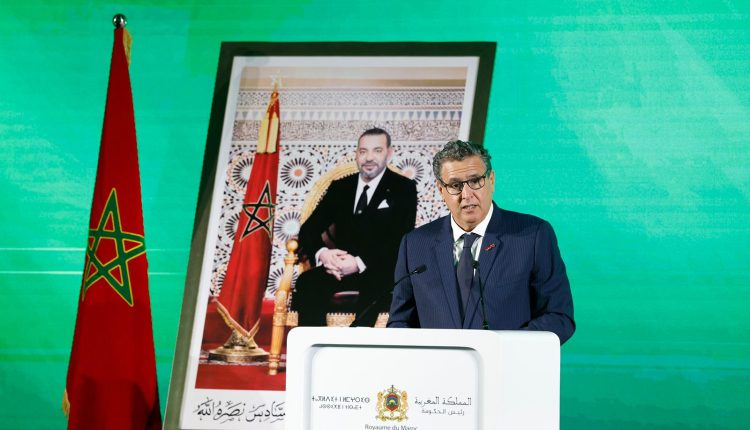
Party Rejection
Mohamed Nabil Benabdallah, Secretary-General of the opposition Party of Progress and Socialism (PPS), a left-wing socialist party, argued that merely reshuffling personnel will not lead to any real progress; what the government needs is a fundamental shift in its direction.
In a press statement, Benabdallah expressed concern that these changes within Akhannouch's cabinet could deepen its negative trends.
Benabdallah stressed that Morocco is in dire need of a reform-driven strategy, something that the current government fails to adopt.
This reform, he argued, involves advancing the democratic and political reforms necessary for the country, especially in anticipation of the 2026 elections.
Benabdallah emphasized that these changes will not significantly alter the government's existing course.
Meanwhile, the Justice and Development Party, an opposition party, asserted that the outcomes of the cabinet reshuffle represent an affront to political and party work and a reckless exploitation that undermines the authority granted to the Prime Minister by the 2011 Constitution.
According to Al-Estiklal, the Secretary-General, Abdelilah Benkirane said the party characterized the reshuffle as “provocative and disappointing.”
The Justice and Development party argued it was conducted without any coherent political or managerial context.
The party expressed astonishment at Prime Minister Aziz Akhannouch’s decision to retain Justice Minister Abdellatif Ouahbi in the revised cabinet.
It noted that his provocative remarks offend citizens’ sensibilities and contradict national principles, highlighting Ouahbi's relentless defense of controversial relationships, his mockery of revered religious teachings, and his contempt for citizens which undermine the work of constitutional bodies like the National Integrity Authority.
The Justice and Development Party further contended that the “profiles” proposed by the Prime Minister reflect a troubling disregard for critical priorities and strategic sectors, such as education, health, and social protection.
The party warned that this entrenches a trend towards increased privatization and commodification of public services.
It also cautioned against the dangers of combining wealth and power, arguing that the Prime Minister behaves like a corporate executive.
Akhannouch shows no hesitation in appointing individuals who are either his business partners or employees, with his recommendations consistently revolving around aides from his previous ministerial role or his current position as Prime Minister.



